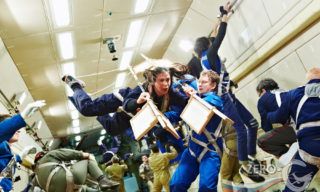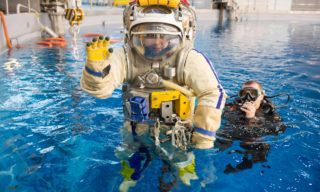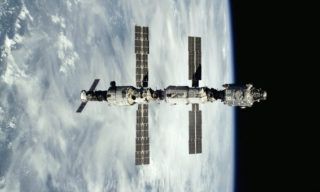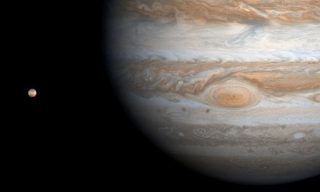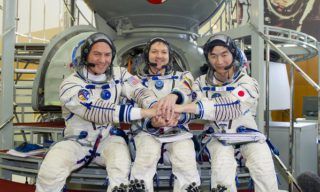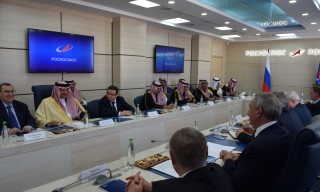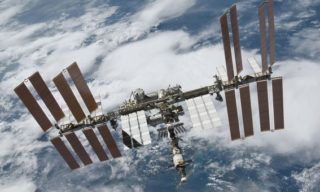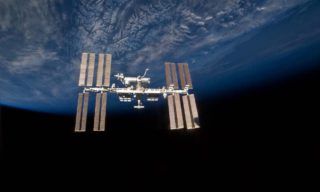Early in morning November 21 Soyuz FG booster with Soyuz TMA-15M manned spacecraft was rolled out to the launch pad of Site 31 at Baikonur cosmodrome.
Technical specialist of RSC Energia and launch operational team personnel started activities of the L-2 day program.
The launch of Soyuz TMA-15M is scheduled for 00:01 Moscow time of November 24. The crew of A. Shkaplerov (Roscosmos), S. Cristoforetti (ESA) and T. Virts (NASA) will join the ISS expedition 42 of B. Wilmore (NASA), A. Samokutyaev and E. Serova (both Roscosmos) currently working at the orbital outpost of the mankind.





